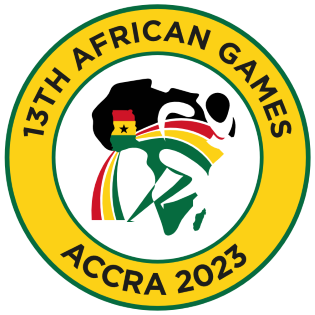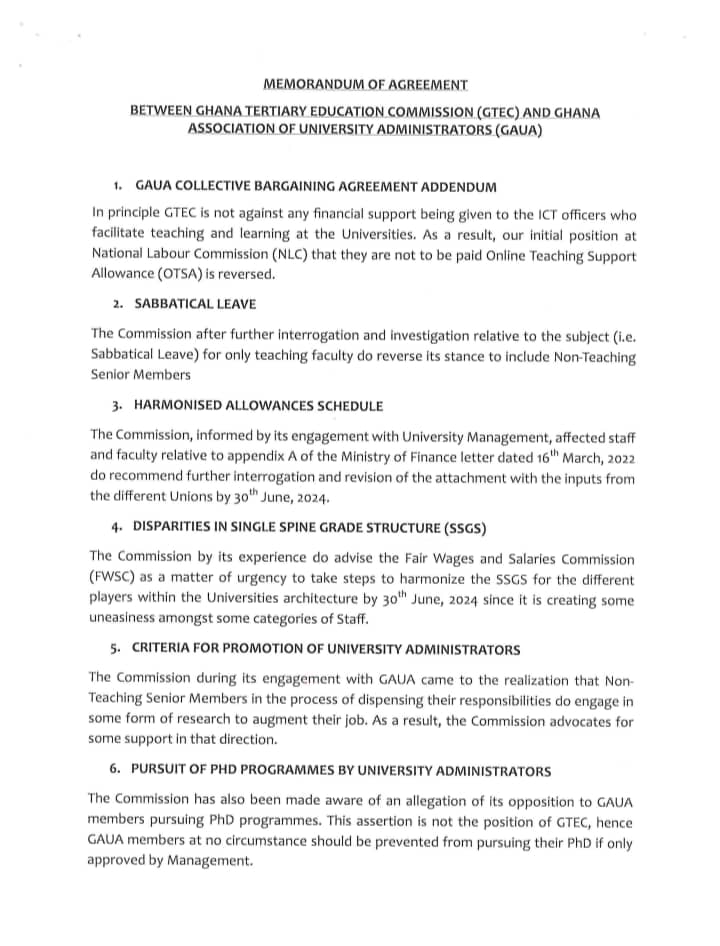
School management can be seen as a serious and Herculean endeavor. It behooves its leadership to strive harder to ensure that the school remains efficient and sustainable. When this function is performed well, it positively impacts learners, staff, parents and society in general. In Ghana, a walk through some schools may reveal that there is little to no regard on the usage of operational and administrative manuals.
During strategic sessions, the school leadership of some pre-tertiary institutions employ strategies such as staff professional development, providing appropriate instructional resources, strengthening stakeholder interpersonal relationships etc for successful operations. There is little to no mention of adopting operational manuals. Ironically, the aforementioned strategies need operational guides else the expected results may not materialize. Brayn Wills (2024) defines an operational manual as an extensive document that outlines the fundamental processes, procedures, and guidelines required for the smooth functioning of an organization.
Cost of neglect
When operational manuals are neglected, it may imply that school leadership, management and staff indulge in misguided practices, guess work and deviations from education regulatory guidelines or operational standards and best practices. Momentarily, these actions feel righteous but when they persist, may retard the school’s growth. Specifically, they may breed mistrust, confusion and blame-game between a school’s stakeholders, dwindle school reputation and create a foggy regulatory status as well as limit professional growth opportunities for learners and staff.
Ultimately, these may lead to leadership mental shortcuts, misjudgments and other significant challenges especially during crisis situations. For instance, the Ghana National Association of Private Schools (GNACOPS) reported that 126 private schools across the country collapsed as of January 2021 primarily due to financial difficulties exacerbated by the COVID-19 pandemic. The lack of operational manuals contributed to challenges such as tax liabilities and delayed capitation grants (Citi Newsroom).
Over the years, I have witnessed how some private school heads struggled to run the school after proprietors’ death because they received instructions on how to operate the school from them alone without any laid down policies and procedures as reference. Sounds familiar?
A study on internal control practices in Senior High Schools in the Central region of Ghana revealed significant financial mismanagement. Instances included misappropriation of funds, payroll fraud, and embezzlement, totaling over GH2.28 million Ghana Cedis. The absence of clear operational guidelines and internal controls facilitated these irregularities (Amakyi., M., 2021).
GES Manuals
The Ghana Education Service (GES) has developed manuals to help streamline operations of schools for success. Some of these include;
- Code of conduct for learners: This manual targets learners in pre-tertiary education institutions. It is intended to promote discipline, respect and a conducive learning environment across the country.
- Guidelines for Parents-Teachers Associations (PTA): This guideline is intended to foster a collaborative environment where parents can actively contribute to the development of their children’s educational institutions.
- Response to Intervention (RTI) Manual: This manual provides a structured approach to identifying and addressing the needs of learners at risk of underperforming academically through the tiered system of interventions.
- Inclusive education manual: This manual is aimed at integrating learners with disabilities into mainstream education. It provides a structured approach to creating inclusive classrooms that cater to the diverse needs of learners.
Others are; Operational Manual for Right Age enrolment Activation and INSET Sourcebook Modules. Besides, other education regulatory agencies have developed manuals that can be explored. These manuals are intended to support schools in adhering to standardized operations.
Standards and accountability
The value of operational manuals to schools cannot be underemphasized. Primarily, they serve as standards for assessing performance of schools and helps them to remain accountable at all times. These values enrich the culture of the learning environment by encouraging collective decision-making and resourcefulness. Ultimately, processes are strengthened, resources are well managed and the school’s personnel feel inspired to perform at their optimum.
Conclusively, school leadership should endeavor to make operational manuals available and accessible to staff. Again, they must be discussed during meetings especially Professional learning community (PLC) sessions and ensure that the school’s practices as well as staff and learners’ behaviour are well aligned with them. At the heart of a sustainable and efficient school administration may be the adoption of operational manuals. Management expert, Peter Drucker reminds us that ‘’there’s nothing so useless as doing efficiently that which should not be done at all’’.
BY Henry Atta Nyame
Institutional Assessment practitioner
The views expressed in this article are the author’s own and do not necessarily reflect The Chronicle’s stance.
The post Operational Manuals Matter: Aligning Schools For Success appeared first on The Ghanaian Chronicle.
Read Full Story





















Facebook
Twitter
Pinterest
Instagram
Google+
YouTube
LinkedIn
RSS